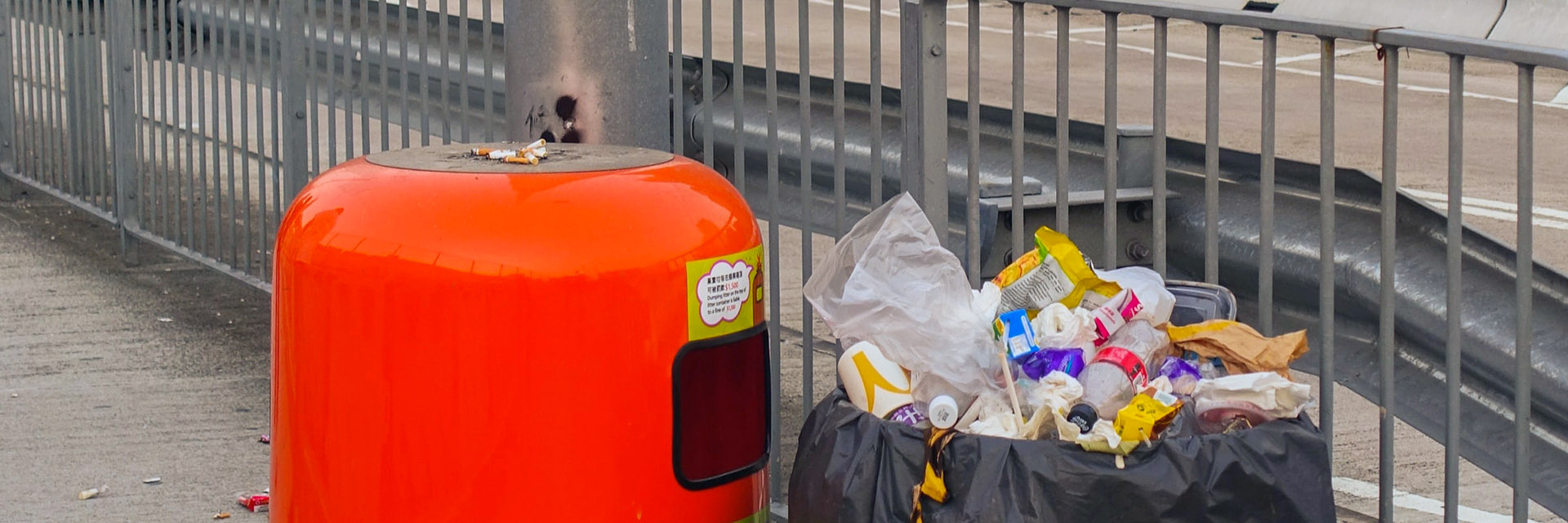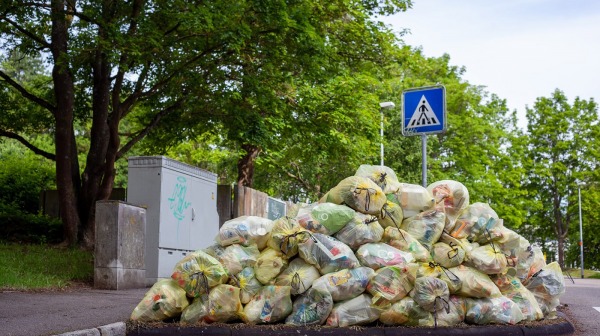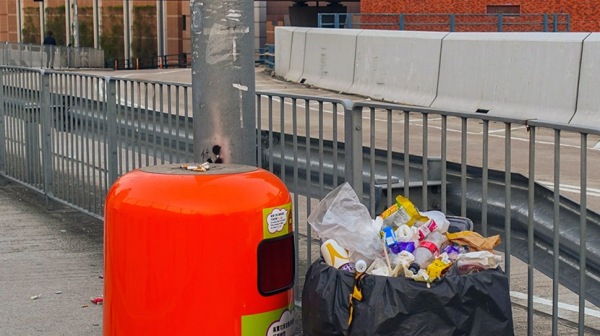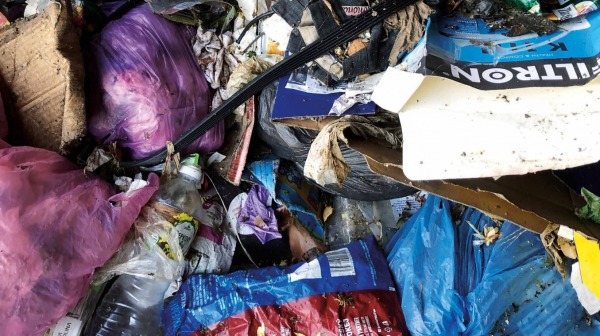Environmental Research Centre: waste and circular economy and environmental safety – gastro-waste
The project runs between 2021–2026; it is funded by the Technology Agency of the Czech Republic, within the Environment for Life Programme. Its centre – a consortium of eight research organizations and universities, focuses on conducting research in areas related to the Czech Republic's transition from a linear to a circular economic model. This transition requires research in new, as yet unresolved areas, such as material flows of raw materials, innovative technologies aimed at minimizing the use of primary raw materials in production, maximum material recovery and utilization of waste, by-products and intermediates, product eco-design, monitoring and evaluation of not only environmental, but also socio-economic processes. In the field of wastewater and sludge, the project focuses on the issue of pollution of the aquatic environment by medicinal substances, their residues, metabolites, and possibly other hazardous substances, as well as the risk of microbial load of surface waters with wastewater from WWTPs. Part of the solution is research into the possibilities of reducing the input of medicinal substances from concentrated sources into wastewater, and disposal of concentrated medicinal solutions in a different way.





